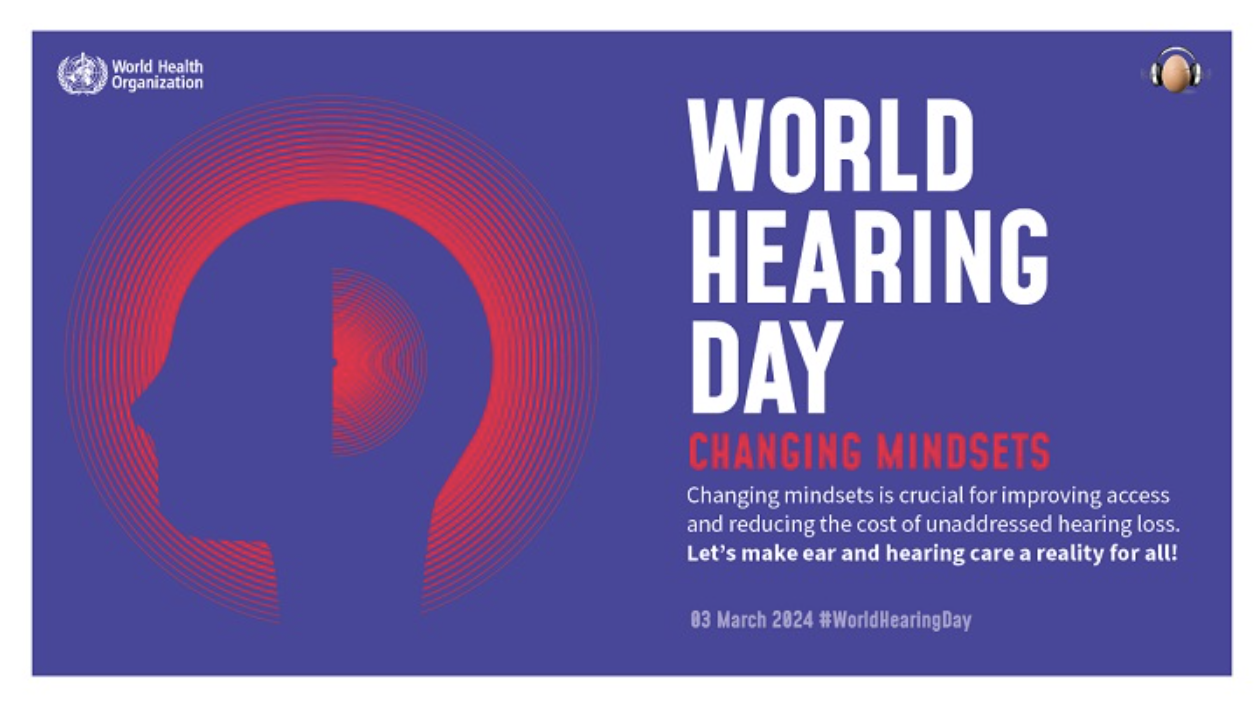
Navigating 50 States as a Deaf Barefoot Water Skier
December 23, 2016
How to Enjoy Music after Hearing Loss
December 27, 2016Is Silence Good for People who have Hearing Loss?

For some of us with hearing loss, the thought of silence can be quite scary.
After my sudden deafness in my left ear, I developed a bit of a nervous cough. Clearing my throat was my way of checking I could still hear something. It has taken me a long time to embrace silence and enjoy quiet times again.
Others, however, feel like they don’t have enough quiet time. A recent survey published on National Quiet Day found Britons would pay more than £310 for just one hour of silence – if they couldn’t get it any other way. Science tells us that exposure to noise is bad for our health: unwanted noise can lead to stress, lack of sleep and can also affect our heart. Does the opposite then also prove true?
Is silence good for us, and if so, why?
Health Effects of Noise
The Chartered Institute of Environmental Health says the health effects of noise are divisible into two types: auditory and non-auditory. Auditory effects refer to noise-induced hearing loss, whilst non-auditory effects include sleep disturbance, disturbance of concentration, and hormonal and cardiovascular effects.
“Noise exposure over a long period may lead to raised stress-related hormones, such as cortisol, that can have adverse effects on bodily functioning,” according to the UK’s Health Protection Agency report Environmental Noise and Health in the UK (HPA).
In today’s hi-tech, high input world, it’s easy for our brains to become over-burdened. Texts, emails, social media updates, music and traffic noise are just some noises that fill the day. Some days, there seems to be no relief. It’s easy to see why we feel so fatigued and why we may sometimes have trouble concentrating.
Concentration fatigue is especially common among those with hearing loss. It’s caused by heavy amounts of concentration required during normal day-to-day activities, and usually kicks in when deaf people have to lip-read, sign or listen to somebody for a long period of time. It is most common in deaf children and young adults, particularly those who are in the education system.
“Concentration fatigue is especially common among those with hearing loss.”
Why Silence is Good For Us
While too much noise can cause stress and tension, research has found silence has the opposite effect.
“In a busy world, quiet and tranquility may have beneficial effects on our stress levels and well being,” according to Stephen Stansfeld, Professor of Psychiatry at Queen Mary University of London. “Psychological restoration, through being in quiet surroundings, can relieve annoyance and stress and lead to better overall health.”
Silence specifically can reduced heart rate, blood pressure and minute ventilation (the amount of air that a person breathes per minute), according to one study. Other studies have reported that by doing quiet activities, such as meditation, older adults who had trouble sleeping experienced less insomnia, fatigue and depression.
What’s the best way to enjoy silence?
Activities such as going for a quiet walk and meditation are a good place to start. I personally enjoy doing yoga, reading and walking in the countryside.
Others with severe hearing loss report taking out their hearing aids at specific parts of the day, such as during their commute, just to reflect in silence.
How do you enjoy silence? Do you utilize your hearing loss as a means of escaping the sounds of the world at certain parts of the day? Do you feel like it changes your mood or affects your health?




